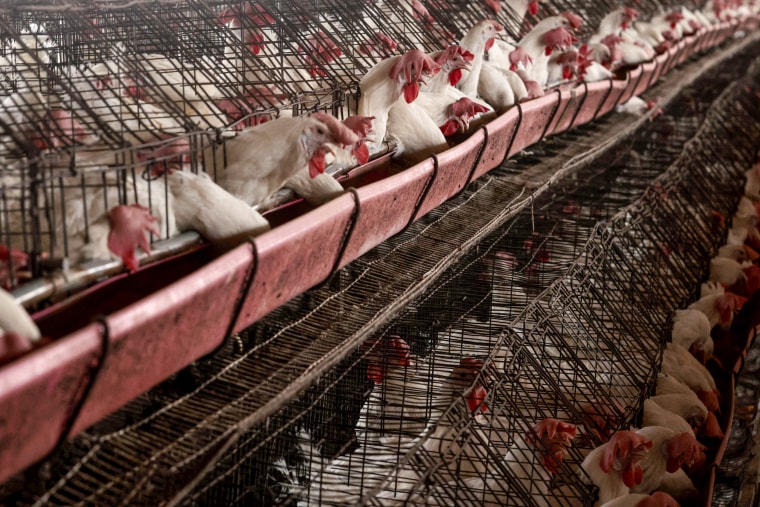WASHINGTON (AP) — During the rigorous counting of Taiwan’s critical presidential election on Jan. 13, rumors of voter fraud began to circulate. Baseless allegations of fabricated votes and miscounted results were spreading, causing doubt over the integrity of the election. Despite the potential for a mass distrust in the election similar to the events seen in the U.S. on Jan. 6, Taiwan managed to maintain the legitimacy of its election.
As tensions with its neighboring nation, China, flared, Taiwan faced the challenge of repelling disinformation from both Chinese and domestic sources. The election held an important place in the young democracy’s growth and serves as an example for other countries with upcoming elections this year.
In an effort to combat disinformation, Taiwan swiftly took action. Fact-checking organizations debunked the false claims, while the Central Election Commission held a news conference to refute allegations of electoral irregularities. Influencers such as @FroggyChiu, with a following of over 600,000 subscribers, shared explanatory videos on YouTube to illustrate the vote tallying process.
Several videos that surfaced were found to be misleading through the efforts of fact checkers. Despite some individuals believing in the false information, the election results were ultimately seen as credible. Lai Ching-te, the candidate from the Democratic Progressive Party, emerged victorious in the election against opponents from the Taiwan People’s Party and the Nationalist Party (Kuomingtang). The election was considered a referendum on Taiwan’s relationship with China.
Notably, Taiwan resisted calls for stricter regulations on social media, despite the influx of disinformation from China leading up to the election. The country’s response to disinformation was comprehensive, incorporating efforts from the government, independent fact-checking groups, and even private citizens to counter false narratives.
China, claiming Taiwan as its own territory, targeted the island with a barrage of disinformation ahead of the election. The disinformation aimed to diminish trust in the incumbent Democratic Progressive Party and portray it as aggressive and likely to provoke a war that Taiwan couldn’t win. Additionally, narratives were circulated regarding U.S. support for Taiwan, questioning America’s reliability as a partner and its commitment in the event of a conflict with China.
Taiwan’s ability to effectively combat Chinese disinformation is attributed to the seriousness with which the threat is regarded. The country implemented a multifaceted response, incorporating efforts from various sectors of society to tackle disinformation and propaganda. Taiwan’s government emphasized the importance of promptly identifying and refuting false information to counter misleading narratives.
Civil society groups in Taiwan, such as MyGoPen and the Taiwan FactCheck Center, played a significant role in raising public awareness by debunking individual rumors reported by the public. The country’s strong civil society and growing media literacy have facilitated efforts to combat disinformation, but progress has been gradual.
In contrast, the U.S. has faced challenges in addressing disinformation, as government efforts have become politicized and criticized as censorship or thought control. The country’s large population and deep internal political and social divisions have created favorable conditions for disinformation to thrive, making it difficult for the government to counter it without being accused of censoring legitimate political viewpoints.
Taiwan’s experience highlights the importance of a comprehensive approach to combat disinformation, involving efforts from various sectors of society. While the threat of disinformation continues to evolve, Taiwan’s successful response offers valuable lessons for other democracies facing similar challenges.
___This report was contributed by Wu in Bangkok. Didi Tang from the Associated Press also contributed to this report.









